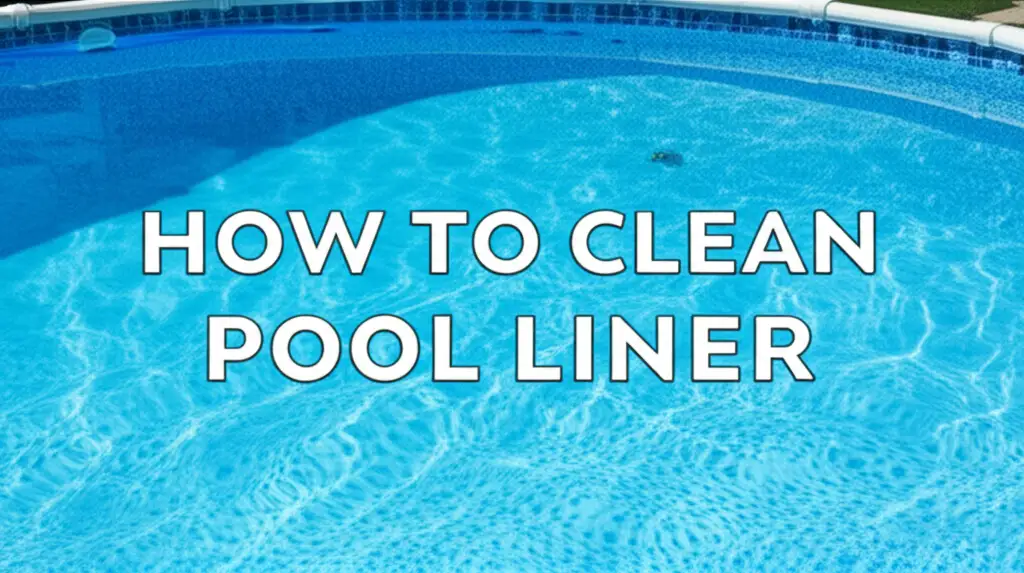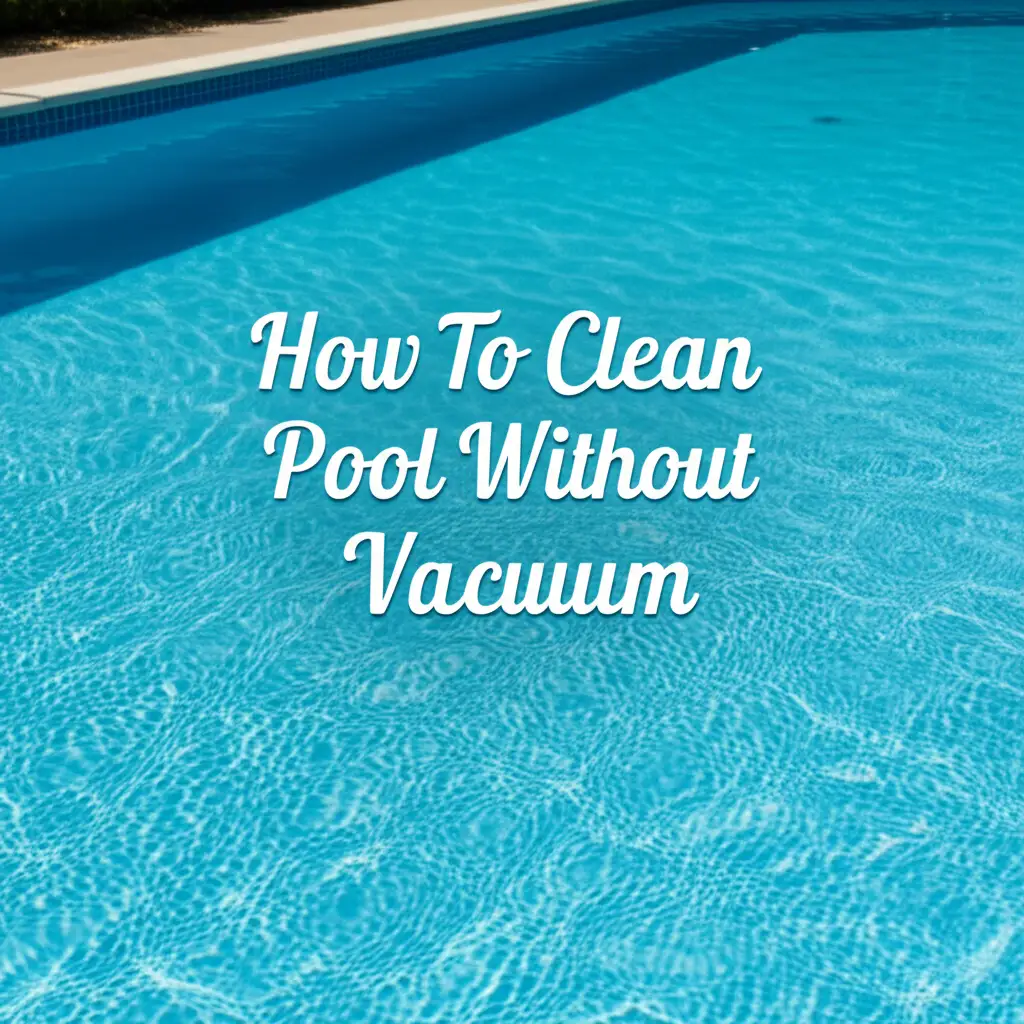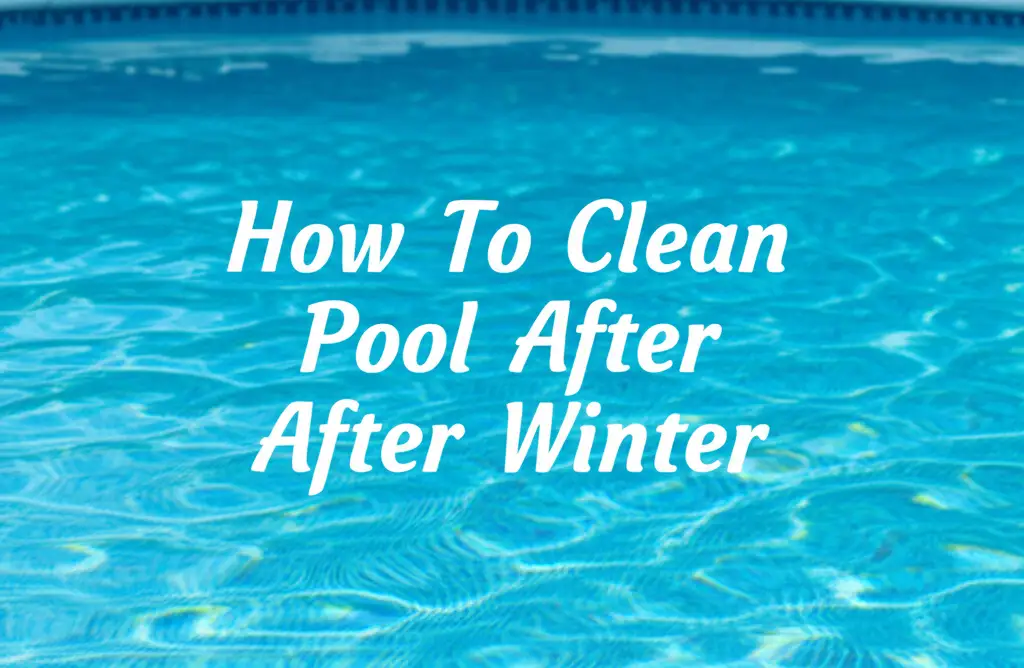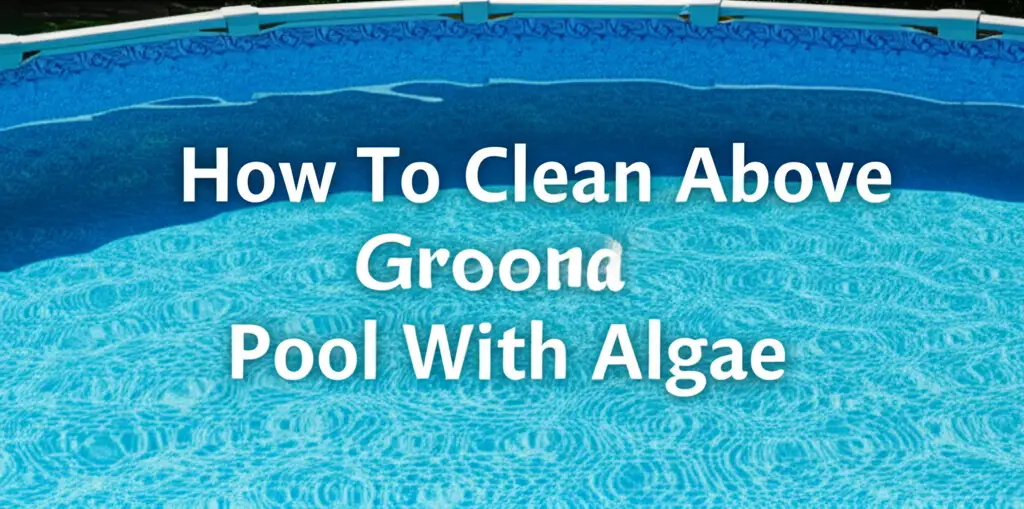· Pool Maintenance · 7 min read
How To Clean Gunite Pool Stains
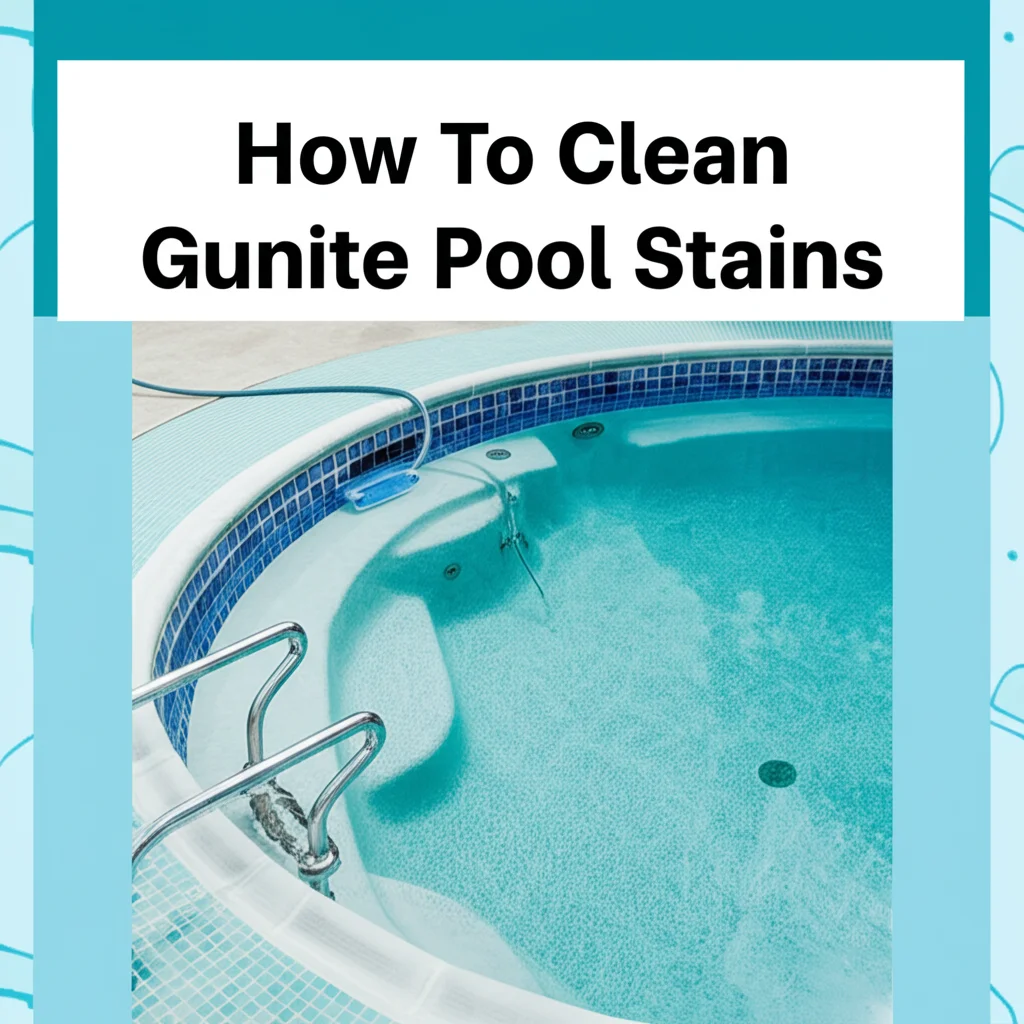
How To Clean Gunite Pool Stains
Have you noticed unsightly stains appearing on your gunite pool surface? Don’t worry, it’s a common issue for pool owners! Gunite pools, while durable and beautiful, can be prone to staining from various sources. This article will guide you through identifying different types of stains, the best cleaning methods, and how to prevent them from returning. We’ll cover everything you need to know to restore your pool to its sparkling best.
Takeaway:
- Identify the stain type for effective treatment.
- Start with the gentlest cleaning method first.
- Regular maintenance prevents stubborn stains.
- Consider professional help for severe or unknown stains.
What’s the quickest way to get rid of stains in a gunite pool?
The fastest way to address gunite pool stains is to identify the stain type and use a targeted cleaning solution. For organic stains, a shock treatment often works. For metal stains, an ascorbic acid treatment is effective. Always test the solution in an inconspicuous area first.
Understanding Gunite Pool Stains
Gunite is a porous material, meaning it can absorb substances that lead to discoloration. Understanding what causes these stains is the first step to effectively cleaning them. Several factors contribute to gunite pool stains, ranging from mineral content in the water to organic debris. Let’s break down the common culprits.
Common Types of Gunite Pool Stains
- Organic Stains: These are caused by leaves, algae, berries, and other decaying organic matter. They typically appear brown, green, or black.
- Metal Stains: Iron, copper, and manganese are common metals that can dissolve in pool water and cause staining. Iron stains are reddish-brown, copper stains are greenish-blue, and manganese stains are blackish.
- Calcium Stains: These appear as white, cloudy deposits and are caused by high calcium hardness in the water.
- Oil-Based Stains: Sunscreen, body oils, and other oily substances can leave behind stubborn stains.
Identifying the Stain: A Crucial First Step
Before you reach for any cleaning products, accurately identifying the type of stain is essential. Using the wrong treatment can worsen the problem or damage your pool’s surface. A simple test can help you determine the stain’s origin.
The Pencil Test
Rub a white pencil across the stain. If the stain comes off, it’s likely a surface stain caused by metals. If the stain remains, it’s probably a more embedded stain like calcium or organic matter. This quick test can save you time and effort.
Cleaning Organic Stains from Gunite
Organic stains are among the most common issues gunite pool owners face. Luckily, they are often the easiest to treat. A strong oxidizing agent is usually the key to success.
Shocking the Pool
Increasing the chlorine level (shocking) is a highly effective method for removing organic stains. Follow these steps:
- Test your pool water to determine the current chlorine level.
- Add a shock treatment according to the product instructions.
- Run the pool filter for at least 24 hours.
- Brush the stained areas vigorously during the process.
Using a Pool Stain Remover
For stubborn organic stains, consider using a dedicated pool stain remover. These products contain enzymes or other chemicals that break down organic matter. Always follow the manufacturer’s instructions carefully. You can find more information on pool cleaning products here.
Tackling Metal Stains in Your Gunite Pool
Metal stains can be more challenging to remove than organic stains. They require a different approach, focusing on removing the metal ions from the water.
Ascorbic Acid Treatment
Ascorbic acid (vitamin C) is a safe and effective way to remove metal stains. Here’s how to use it:
- Test your pool water’s pH and alkalinity. Adjust them to the recommended levels.
- Dissolve ascorbic acid powder in a bucket of water.
- Pour the solution directly onto the stained areas.
- Let it sit for several hours, then brush and filter the pool.
Sequestering Agents
Sequestering agents bind to metal ions, preventing them from causing stains. They don’t remove existing stains but can prevent new ones from forming. This is a great preventative measure.
Removing Calcium Stains from Gunite
Calcium stains are often the result of imbalanced water chemistry. Addressing the underlying issue is just as important as removing the visible stain.
Lowering pH and Alkalinity
Lowering the pH and alkalinity of your pool water can help dissolve calcium deposits. Use a pH reducer and alkalinity reducer according to the product instructions. Be sure to test the water frequently during this process.
Using a Pumice Stone (with caution!)
For localized calcium stains, a pumice stone can be used very gently. Wet the stone and rub it lightly on the stain, being careful not to damage the gunite surface. This method requires a delicate touch. You can learn more about cleaning surfaces here.
Dealing with Oil-Based Stains
Oil-based stains, like those from sunscreen, can be particularly stubborn. They require a degreasing agent to break down the oil.
Enzyme-Based Cleaners
Enzyme-based cleaners are designed to break down oils and fats. Apply the cleaner directly to the stain, let it sit for the recommended time, and then brush and filter the pool.
Deflocculant
A deflocculant can help clump together oil particles, making them easier to filter out. Add the deflocculant to the pool water and run the filter for several hours.
Preventing Future Gunite Pool Stains
Prevention is always better than cure. Maintaining proper water chemistry and practicing good pool hygiene can significantly reduce the risk of staining.
Regular Water Testing and Balancing
Test your pool water at least once a week and adjust the pH, alkalinity, calcium hardness, and sanitizer levels as needed. Consistent water balance is crucial.
Brushing and Vacuuming
Brush the pool walls and floor regularly to prevent algae growth and remove debris. Vacuum the pool to remove settled dirt and leaves.
Using a Pool Cover
A pool cover can protect your pool from leaves, debris, and sunlight, reducing the risk of organic and chemical stains.
When to Call a Professional
Sometimes, despite your best efforts, stains persist. If you’ve tried multiple cleaning methods without success, or if you’re unsure about the type of stain, it’s best to call a professional pool service. They have the expertise and equipment to handle even the most stubborn stains. You can also find helpful tips on cleaning different surfaces here.
Frequently Asked Questions (FAQs)
Q: Can I use bleach to clean gunite pool stains?
A: While bleach can kill algae, it’s not recommended for removing most gunite pool stains. It can damage the gunite surface and may not be effective against metal or calcium stains.
Q: How long does it take to remove a stain from a gunite pool?
A: The time it takes to remove a stain depends on the type of stain, its severity, and the cleaning method used. Some stains can be removed in a few hours, while others may take several days.
Q: Will a pressure washer damage my gunite pool?
A: Yes, a pressure washer can easily damage the gunite surface. Avoid using a pressure washer to clean your pool.
Q: What’s the best way to prevent metal stains?
A: Maintaining proper water chemistry, using a sequestering agent, and avoiding metal objects in the pool can help prevent metal stains.
Conclusion
Cleaning gunite pool stains doesn’t have to be a daunting task. By understanding the different types of stains, using the appropriate cleaning methods, and practicing preventative maintenance, you can keep your pool looking beautiful for years to come. Remember to always test cleaning solutions in an inconspicuous area first and prioritize safety. If you’re unsure about anything, don’t hesitate to consult a professional. Maintaining a clean and healthy pool is an investment in your enjoyment and the longevity of your pool. Don’t let stains ruin your summer – take action today! You can also find more cleaning tips here.
- gunite pool cleaning
- pool stain removal
- gunite pool maintenance

